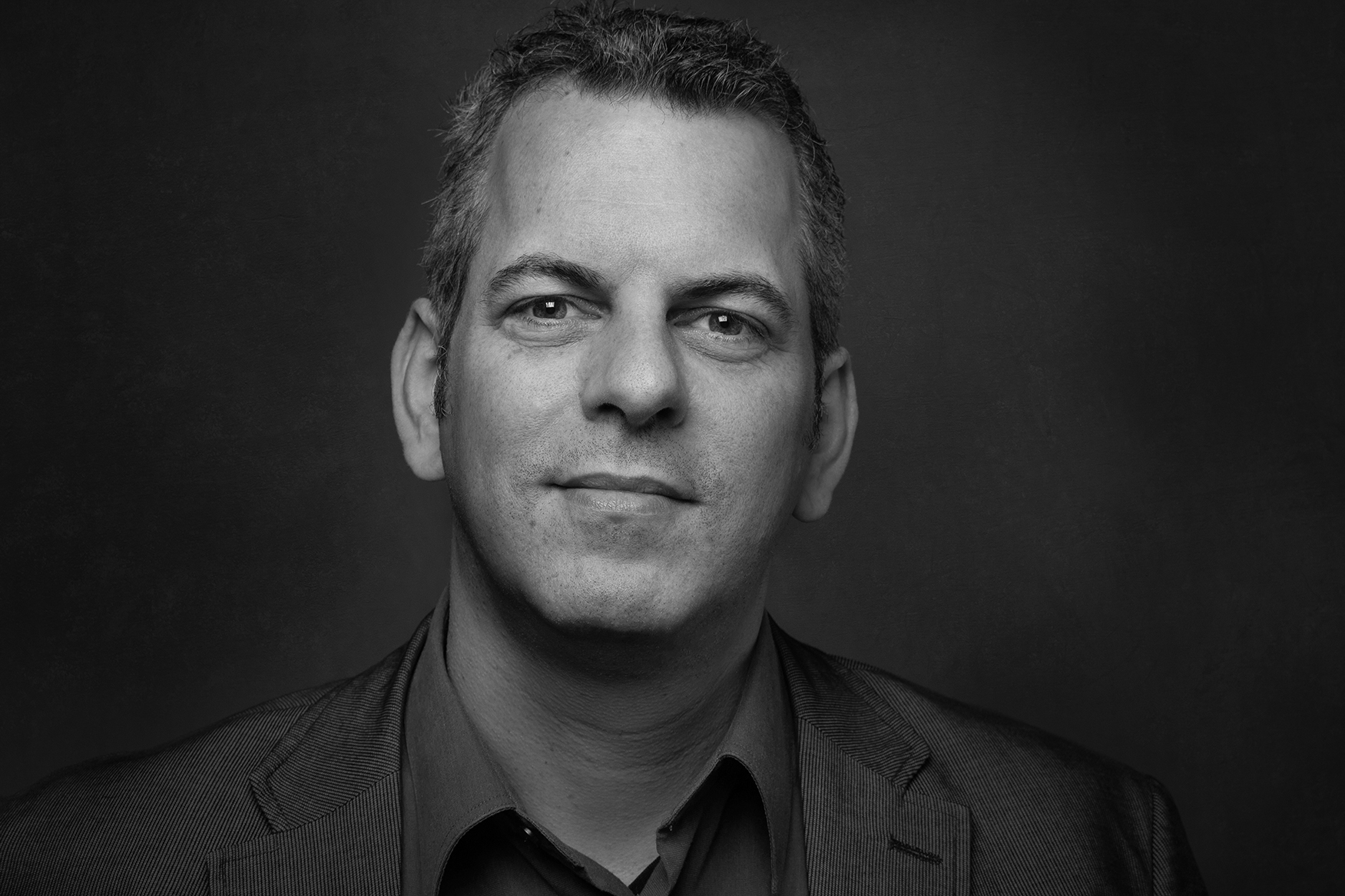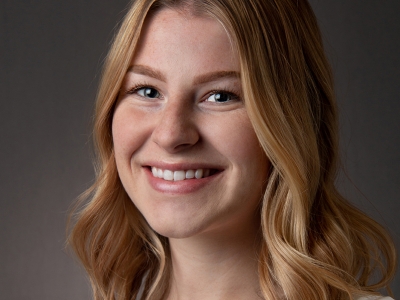By Mary Giles
Photos by Bryan Gagnon
For pharmaceutical companies, the goal is to patent products for sale. Instead of collaborating with other companies to create the best and most affordable product for citizens, the COVID-19 vaccine race has taken place in silos around the world.
“Although scientists joined forces to quickly identify the SARS-COV2 virus responsible for COVID-19 through open science, pharmaceutical companies regressed to proprietary science and patented research to create the vaccine,” says Marc-André Gagnon, a professor of pharmaceutical policy in the School of Public Policy and Administration (SPPA).

“In a global health emergency, it is especially important to share data and produce a vaccine that is effective, safe and affordable as quickly as possible. Although pharmaceutical companies have been working around the clock to create vaccines, their goal is first and foremost to please their shareholders.”
Investment analysts are forecasting that Moderna (partnering with the National Institutes of Health) and Pfizer (collaborating with BioNTech) will likely make billions of dollars next year. Governments, nonprofits, private companies and individual donors have already given billions of dollars to support vaccine research.
Some companies, like Johnson & Johnson and AstraZeneca (working with scientists at Oxford University), are selling the vaccine at a lower price during the pandemic to just cover their costs and not make a profit.
“Although some pharmaceutical companies are improving their reputation by creating a COVID-19 vaccine and offering them at cost, they will do so as long as the World Health Organization does not call off the pandemic,” says Gagnon. “As soon as they declare the pandemic is under control, people will still need to be vaccinated, but the prices are expected to increase.”
Public Good vs. Private Profits
“By sharing intellectual property, medicines and vaccines needed during the pandemic could be made available to everyone,” says Gagnon. “Although this would be the best scenario for public health, the pharmaceutical industry is not in favour of mandated orders.”
“We need to ask: Who is funding vaccine research and who will benefit from vaccines? We also need to remember that the purpose of drug companies is not to make vaccines, but to make money. If public funding has been the bulk of the investment for vaccines and if the price includes a premium because of patents, aren’t we paying for the vaccine twice?”
At the beginning of January 2021, Moderna received a “Shkreli Award,” named after the infamous “pharma bro” who profiteered from abuse of the health care system and for setting the highest vaccine price even though taxpayer funding covered all its development costs.
“The opioid crisis is another example of corporate earning-capacity that is not aligned with social interest,” says Gagnon. “Purdue Pharma pleaded guilty to criminal charges in federal court in November for its role in the crisis. They were marketing OxyContin to doctors suspected of prescribing the drug illegally, as well as paying them illegal kickbacks.
“Purdue Pharma has agreed to pay over $8 billion to the U.S. Department of Justice, and the company will go bankrupt because of the settlement. However, the Sackler family who owns the company and amassed one of the largest fortunes in the United States by selling opioids, will see their fortune unscathed, even though their wealth is the result of the worst public health crisis in the last 25 years.”
Gagnon, along with SPPA Professor Susan Phillips, led the inaugural capstone project course in the Master of Public Policy and Administration in 2018. The case study looked at the opioid crisis and its impact on Canadians, as well as the politics, policy and misleading pharmaceutical promotion that led to the crisis.
In Gagnon’s PhD course on Current Issues in Public Policy and his master’s course on Social Policy, the opioid crisis remains a fascinating case study that Gagnon discusses with students to better understand corporate marketing strategies and issues of stigmatization.
Conflicts of Interest
In a time when we need the population to trust public health authorities, it is important to reflect on how to ensure trustworthiness. “An important issue in the medical arena is the ubiquity of conflicts of interest at play and how we consider this to be almost normal,” says Gagnon.
When the COVID-19 Vaccine Task Force was set up in June by the National Research Council, the names and positions of the 18 members were made public. Although Task Force members had to disclose all conflicts of interest, disclosures were only made to the secretariat.
“Public transparency of conflicts is not enough,” says Gagnon. “Independence is what is required for Canadians to gain trust in vaccine decisions. It is a bit mind-boggling, for example, that the task force decided that co-chair Mark Lievonen, who was the CEO of Sanofi Canada for 17 years (until 2016), who still owns shares in Sanofi, who is consulting with drug companies and who remains the director of two other drug companies, had no direct, material conflict of interest in assessing the Sanofi vaccine.” Despite not having a conflict of interest listed, Lievonen recused himself from deliberations and providing advice.
These conflicts of interest are detrimental to building trust in medical institutions. Professor Gagnon favours strong regulatory capacity to ensure that the financial incentives in pharmaceuticals are in line with what is socially advantageous for patients. “When drug companies make money to the detriment of the public, we must not blame the drug companies. It is, instead, a failure in public policy.”
Monday, January 18, 2021 in Another Take, Instagram Feature
Share: Twitter, Facebook



